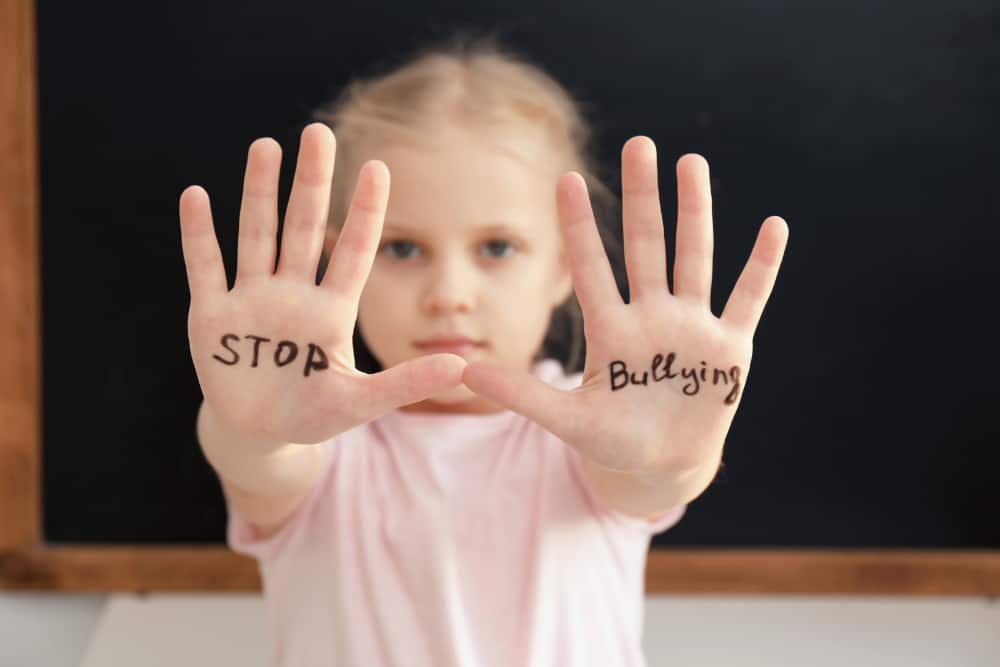My Child the Bully
Posted By on 2016-06-02 11:54 AM

Description
By Dr Brenda van Rooyen
“My child? The bully? Never!”
This may be your initial response, and perhaps the dynamics that led to your child behaving this way need to be examined carefully, but what do you do when you realize that your child is the one bullying others?
Taking on the responsibility to work with your child, who needs support as much as those that are being bullied, is the first step. When a child engages in behaviours that hurt others, it impacts on his or her social and emotional well-being too. Consequences may be social exclusion and associated feelings of sadness, and even increased aggression.
Next, explore why this could be happening and then take the necessary steps to support your child. Questions to ask include:
• Am I teaching my child to identify and express emotions assertively? Ways to do this would include mirroring what you see your child feeling, if your child cannot name emotion. For example, saying: “You seem to be irritated?” You could also get a feeling chart at home, to help him show you what he is feeling. Once a feeling is identified, work on appropriate expression of such a feeling, including allowing the child to express “I” messages: “I feel irritated because I would rather jump on the trampoline than do my homework”.
• Is my child being exposed to aggressive role-modelling or being bullied within the home? This could include aggression in cartoons, in games, on television, in the family, in sibling relationships and in parenting. If your answer is “yes”, removing these models. Limit television and games, closely monitor content, work on parenting skills and conflict management in the home, or address sibling relationships.
• Is my child feeling that she has no control in her life? Are there changes in family dynamics that have made her feel unhappy, afraid, and invisible, or that she has no voice in the family? Could she be acting out her hurt and anger? If “yes” is your response, then seek support for the family and for your child, with a psychologist, counsellor or organization such as FAMSA.
• Does my child have difficulties with sensory integration? Is he particularly sensitive to touch, sound, light, smell and/or taste? Does he get irritable, overwhelmed and anxious or act out if overly stimulated in any of these ways? If you answer “yes” to these questions, seek out further assessment with an occupational therapist.
• Does my child have difficulties with speech or communication skills? Does she get extremely frustrated when she cannot express herself? Does this lead to her acting out frustration. If you answer “yes” to this question, consultation with a speech and language therapist could be useful.
• Is my child impulsive; doing things before he has thought them through? Does he hit and then feel regret? Does he interrupt? Is he unable to wait his turn or tolerate frustration? If you answer “yes” to this, consultation with a play therapist or child psychologist may be of value. At home you could draw and talk about the robot: Stop! (red) Think! (orange) Go! (green).
• Does my child have difficulty with social skills? Does she avoid eye contact and not know what to do if someone approaches her? A question you need to ask yourself then is if, as family, there is enough modelling of social skills. Are you socially integrated as a family? And are you organizing play dates or getting your child involved in activities which give her the opportunity to build such skills. If you are, but social difficulties remain, consultation with a play therapist or child psychologist could be useful.
So when you get that call saying “your child has been hurting my child”, don’t move into a space of reflexive denial. Rather move towards support of your child.
Related Blogs
Osteopathy Pregnancy and Childbirth
Challenging Behaviours
Childhood Obesity
Motor Development
Motor Milestones
Ratings & Review
Share this info
Popular Blogs
-
What is School Readiness?
Added on : 2017-05-24 11:59 AM
-
Creche Syndrome
Added on : 2017-04-12 9:31 AM
Recently Added Blogs
-
Why is reading (aloud) important
Added on : 2022-04-26 11:46 AM
-
The Importance of Early Childhood Education
Added on : 2022-04-20 1:53 PM
-
Autism Month
Added on : 2022-03-28 3:48 PM


